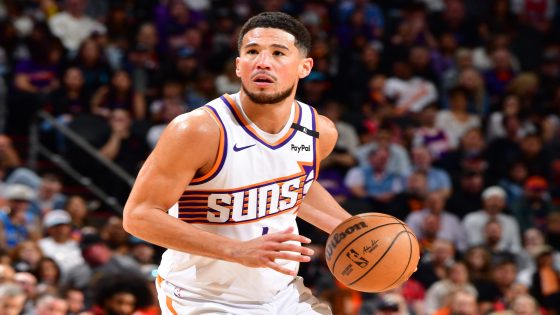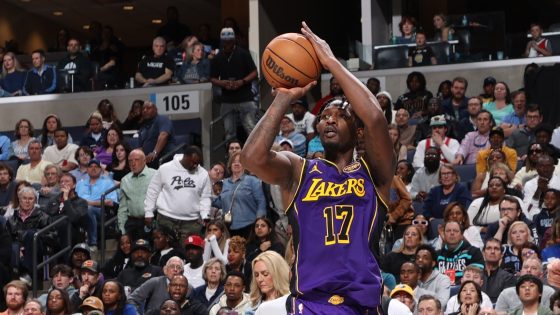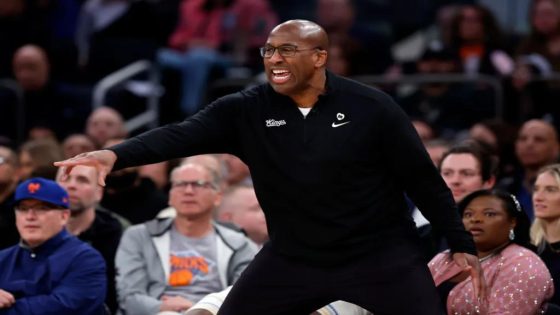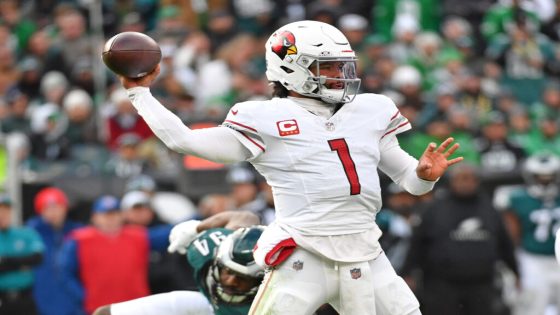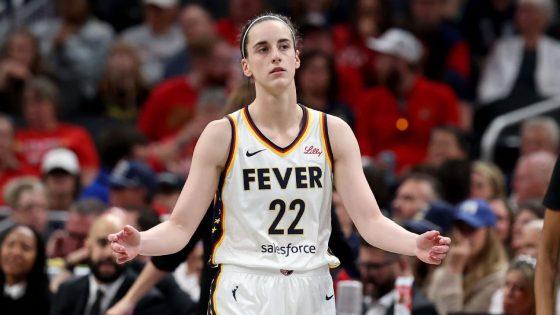The Dallas Cowboys have stirred controversy with their unique approach to offseason attendance, utilizing a salary de-escalator instead of the more common workout bonuses. This strategy has implications for players like cornerback Trevon Diggs, who recently faced a $500,000 salary reduction for not participating in the offseason program. As the NFL landscape evolves, teams are exploring various methods to incentivize player commitment, especially as the 2025 season approaches.
- Cowboys use salary de-escalators, not bonuses.
- Trevon Diggs lost $500,000 salary.
- Diggs expressed disappointment over salary reduction.
- Contract includes performance incentives for Diggs.
- Salary de-escalators create human resource issues.
- Cowboys criticized for workforce management practices.
Diggs expressed disappointment over the decision, stating, “That kind of hurt my feelings. But it’s OK. Hopefully, I’ll make it back in incentives.” This comment highlights the emotional impact of financial penalties in professional sports, raising questions about the effectiveness of such tactics. Will other teams follow suit, or will they prefer the more player-friendly workout bonuses?
This situation brings to light the broader implications of how teams manage player contracts. The Cowboys’ choice raises questions about the balance between accountability and player morale. Could this approach backfire, leading to discontent among athletes? Here are some key developments:
- Diggs’ salary was reduced by $500,000 for missing offseason workouts.
- Other teams, like the Ravens, have opted for workout bonuses instead.
- Diggs has performance incentives tied to interceptions in his contract.
- The Cowboys’ strategy may affect their reputation in player relations.
As the offseason progresses, fans will be watching closely to see how this decision impacts team dynamics and player performance. Will the Cowboys’ approach pay off, or will it lead to further complications? Stay tuned for more updates as the season unfolds.





